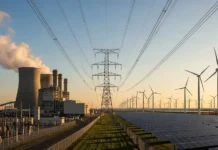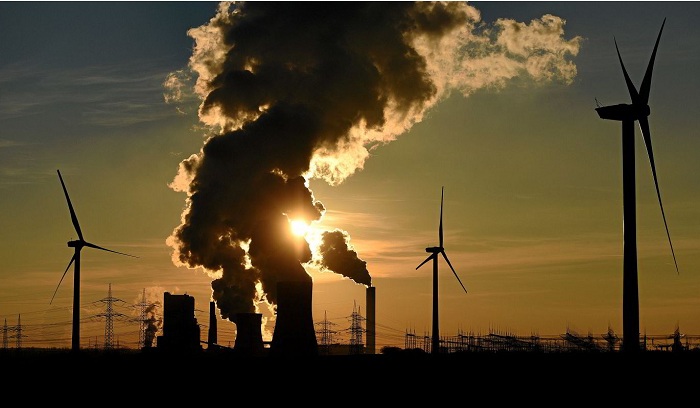The European Commission has proposed that EU countries collectively withdraw from an international treaty that has been criticized for hindering efforts to combat climate change. The Energy Charter Treaty, which was established in 1998, allows energy companies to take legal action against governments over policies that negatively impact their investments.
In recent years, the treaty has been used to challenge policies that require the closure of fossil fuel plants. The Commission argues that the treaty’s provisions protecting fossil fuels are at odds with the EU’s energy and climate objectives. Several EU member states, including Denmark, France, Germany, Luxembourg, Poland, Spain, and the Netherlands, have already announced plans to leave the treaty due to concerns about climate change. Italy left in 2016.
The Commission’s proposal requires the approval of a majority of EU countries and the European Parliament. The European Parliament has previously called for the EU to leave the treaty. Despite some countries expressing a desire to remain in an updated version of the treaty, reforms agreed upon last year are unlikely to be implemented without support from EU member states. Brussels considered a partial withdrawal, but legal concerns led them to reject this option.
If the EU withdraws from the treaty, it will still be subject to a sunset clause that protects existing investments, including those in fossil fuels, for 20 years by non-EU signatories such as Japan and Turkey. This means that the EU will still have to honor these investment protections even after leaving the treaty.










































